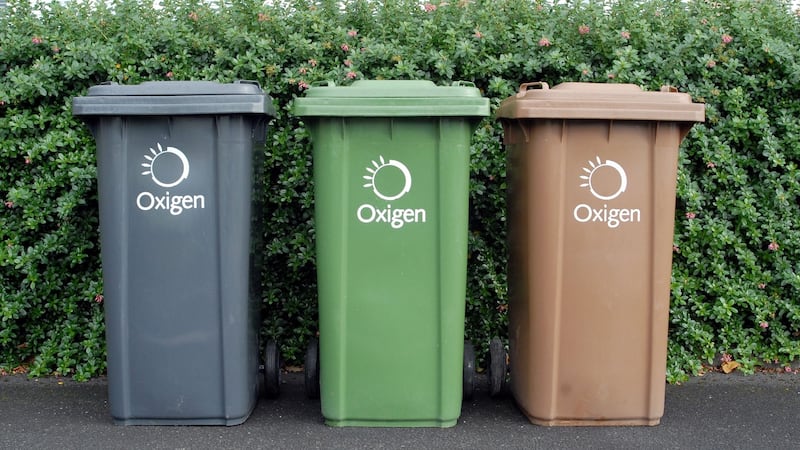There has been a 20-fold increase in the number of consignments of food and plant products and live animals being processed by health inspectors at Irish ports since Brexit, new data shows.
Department of Agriculture inspectors and health officials are processing about 1,700 consignments a week compared with less than 100 a week last year under new border controls covering sanitary and phytosanitary (SPS) checks on goods being imported from Britain.
New figures from the Department of Agriculture show that about one in every 200 of these consignments have been rejected. In more than half of these cases it is because there is inadequate, incorrect or missing paperwork.
The department said that out of 53,148 consignments processed since the start of the year, less than 1 per cent, or 262 have been rejected.
The bulk of the consignments requiring processing by the inspectors – more than 47,000 – are coming through Dublin Port, with a further 2,300 coming through Rosslare Europort.
Hazel Sheridan, head of the department's import controls division, said the 53,000 consignments processed so far this year compares with about 4,000 to 5,000 last year before Brexit.
Of the weekly consignments, about 1,000 are products of animal origin, about 300 are plants or plant products, 100-200 are live animals, and pesticides are in single digits.
There has been “huge change” at Dublin Port as a result of Brexit, she told a webinar last week.
‘Green-routed’
On the customs side, the Revenue Commissions reported a marginal increase in the percentage of goods arriving from Britain being “green-routed” and not requiring post-Brexit physical checks.
Just over 289,700 freight vehicle movements arrived from Britain through Dublin Port and Rosslare Europort during the first nine months of the year, new Revenue figures show.
The Revenue said 85 per cent were green-routed without the need for any additional interaction with customs officials or any other State agency – up by a percentage point on the figure for the first six months of the year.
The number of freight vehicles “red-routed” for a physical examination or inspection fell by a percentage point to 3 per cent. The number of lorries “orange-routed” – meaning they required a documentary check or similar control – remained at 12 per cent for the nine months
Delays for hauliers
Goods arriving into the Republic from Britain have fallen subject to obligatory EU “third country” checks since January 1st when the UK’s departure from the EU came into effect.
State officials have said that in addition to incomplete paperwork, the failure of businesses to give the required 24-hour notice for the arrival of goods subject to SPS checks was causing delays.
Importers and hauliers have complained about delays associated with the increased post-Brexit bureaucracy and documentation, saying that it eats into the regulated driving time of hauliers.
"There is a huge amount of effort and time and minutiae of detail that goes into the consignments that get through. Why can't it be simplified?" said Eugene Drennan, president of the Irish Road Haulage Association.
The Revenue was unable to provide figures for the average wait time for lorries arriving into the ports, saying the time can vary and depends on whether a mandatory inspection or more information or documentation is required for each consignment.
“Mandatory check for certain types of goods are simply a reality of trading with a third country, including Great Britain,” said the Revenue.
Obligatory checks on goods of animal or plant origin may take longer, with inspection times varying depending on the size of the load and the type of good, it said.
Revenue customs officials and officials from other State agency officials have been working on site at Dublin Port and Rosslare Europort on a 24/7 basis. The Revenue said that it continues to work with individual hauliers and businesses “to resolve any avoidable delays where they arise”.
















